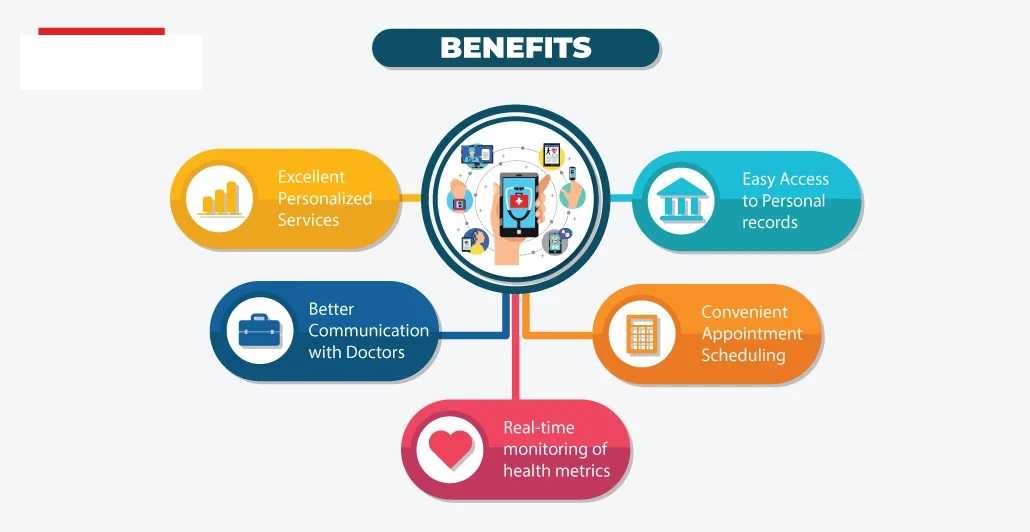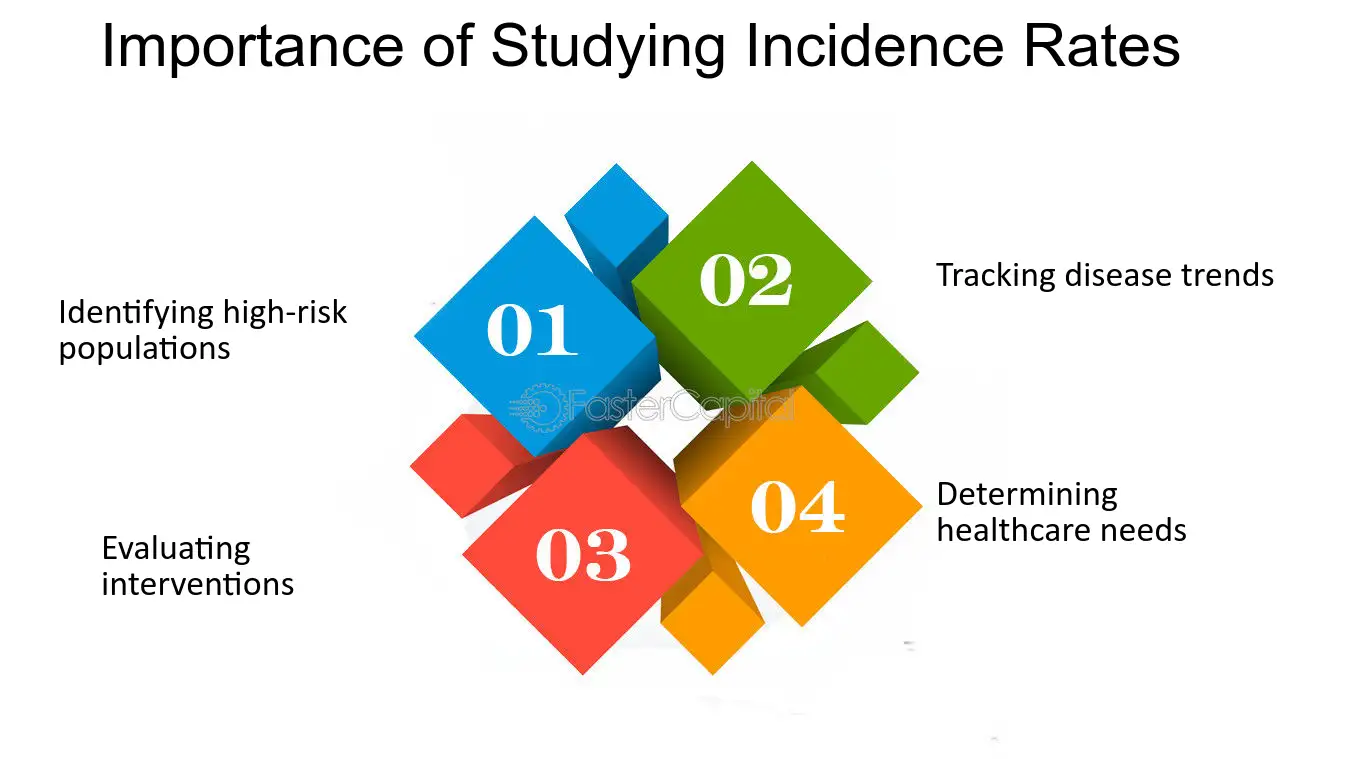Digital Health Policies: Transforming Healthcare Delivery in the 21st Century
The healthcare industry is undergoing a seismic shift, driven by technological advancements and the growing need for accessible, efficient, and patient-centered care. At the heart of this transformation lies digital health policies — frameworks designed to leverage technology to improve healthcare delivery, enhance patient outcomes, and ensure equitable access.
In this blog, we will explore how these are shaping the future of healthcare, the challenges they address, and the opportunities they create for patients, providers, and policymakers.
What Are Digital Health Policies?
These encompass regulations, guidelines, and strategies that promote the adoption and integration of digital technologies in healthcare. These include telemedicine, electronic health records (EHRs), wearable health devices, AI-driven diagnostics, and mobile health apps. Governments and organizations worldwide are prioritizing these policies to modernize healthcare systems and meet evolving demands.
Key Transformations Enabled by Digital Health Policies
- Increased Access to Care
- Telemedicine: Digital health policies are enabling remote consultations, breaking geographical barriers, especially in rural and underserved areas.
- Mobile Health Apps: Patients now have 24/7 access to health information, symptom trackers, and virtual consultations.
- Improved Patient Outcomes
- Personalized Care: AI-powered tools analyze patient data to offer tailored treatment plans.
- Real-Time Monitoring: Wearables and IoT devices monitor vital signs, enabling timely interventions.
- Enhanced Data Management
- Electronic Health Records (EHRs): Policies mandating EHR adoption ensure seamless sharing of patient data among providers.
- Data Security Regulations: Digital health policies enforce strict standards to protect sensitive health information.
- Cost Efficiency
- By reducing hospital visits and enabling preventive care, digital health reduces healthcare costs for patients and providers alike.
Challenges in Implementing Digital Health Policies
- Digital Divide
- Lack of internet connectivity and digital literacy in rural areas hinders the equitable rollout of digital health solutions.
- Data Privacy Concerns
- Policies must address cybersecurity threats and build trust among patients regarding data security.
- Interoperability Issues
- Diverse digital health systems often lack standardization, complicating data exchange between providers.
- Regulatory Hurdles
- Varying regulations across regions can delay the adoption of digital health technologies.
Future Opportunities in Digital Health Policy
- AI Integration
- Policies encouraging AI in diagnostics, treatment planning, and drug discovery will revolutionize care delivery.
- Telehealth Expansion
- Governments can further expand telehealth policies to include specialized care and chronic disease management.
- Global Collaboration
- International collaboration on digital health standards can drive faster innovation and equitable access worldwide.
- Focus on Equity
- Prioritizing policies that bridge the digital divide will ensure no community is left behind.
Conclusion
Digital health policies are not just transforming healthcare; they are shaping a future where technology bridges gaps in access, efficiency, and quality. Policymakers, healthcare providers, and tech innovators must collaborate to address challenges and unlock the full potential of digital health. By doing so, they can ensure that healthcare delivery in the 21st century is inclusive, sustainable, and centered around patient needs.















Leave a Reply